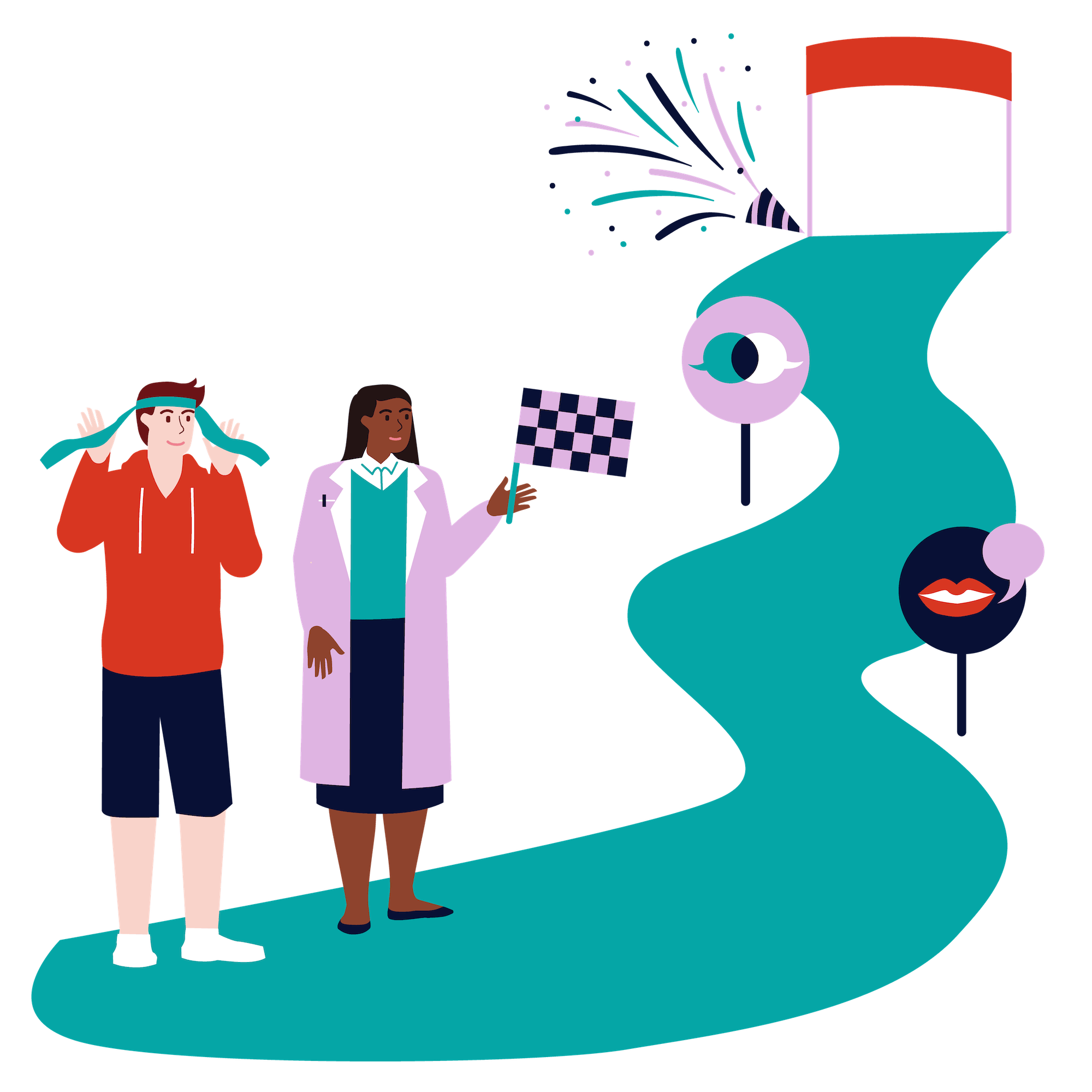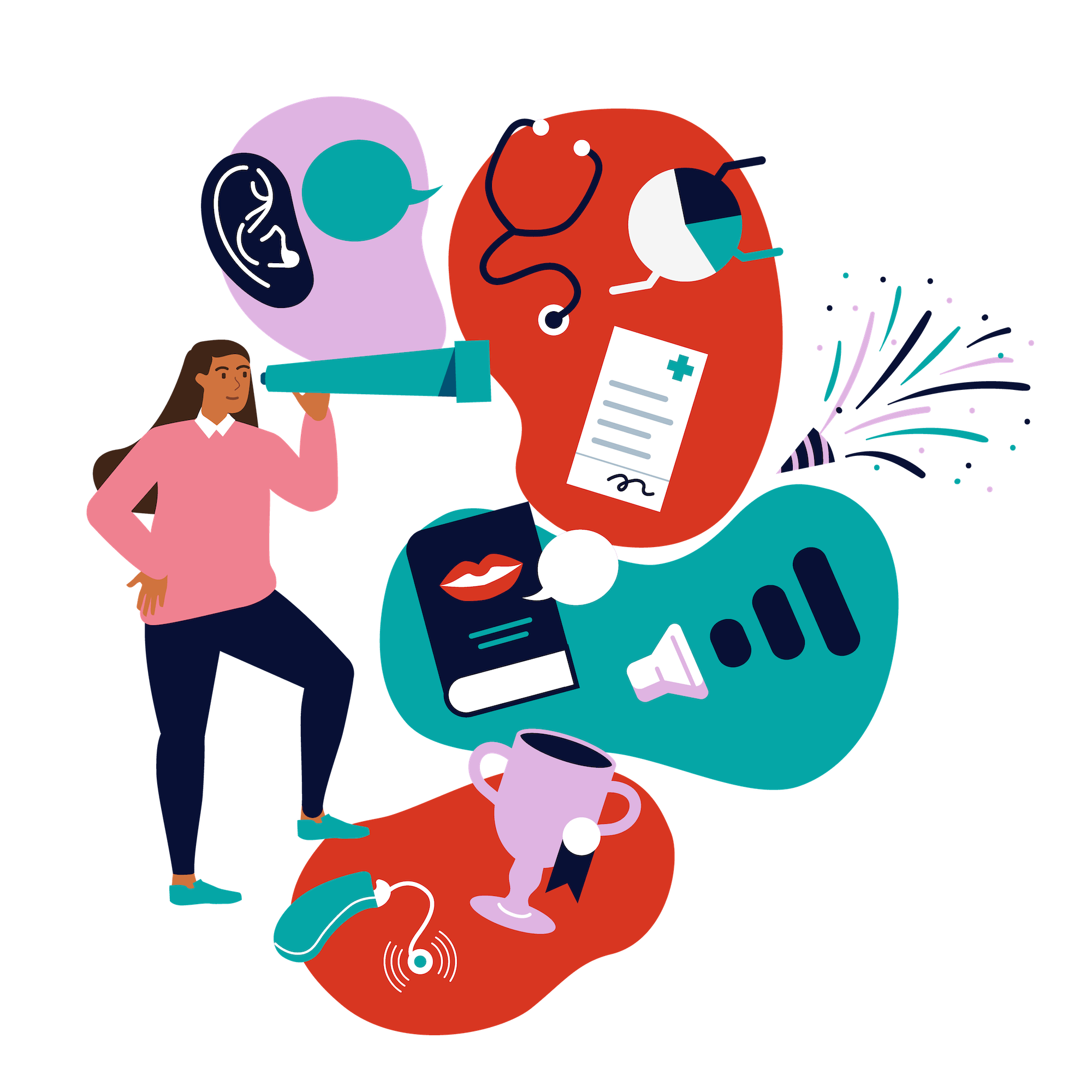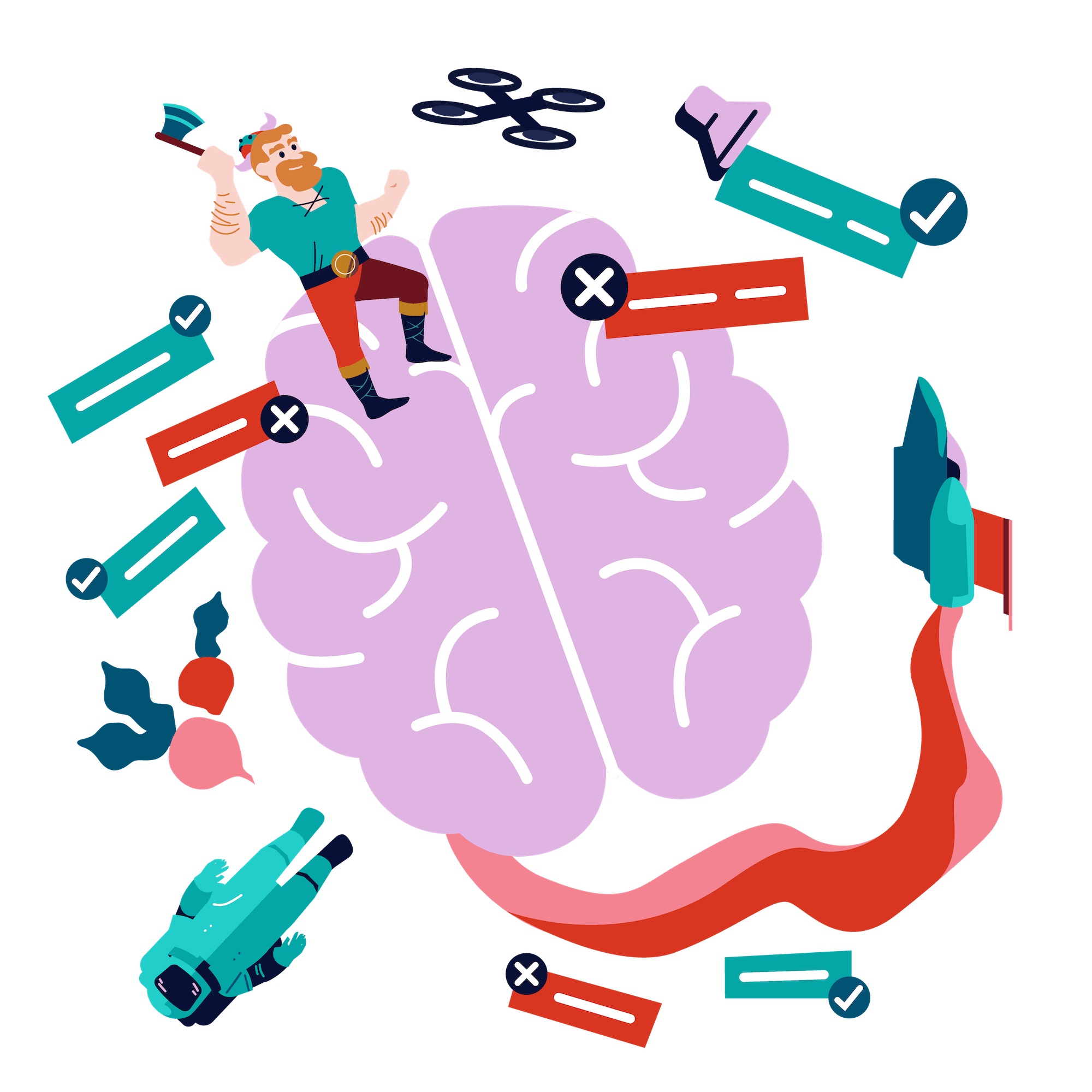Amptify’s auditory and cognitive training methods have been shown to develop speech perception skills, increase listening confidence, and enhance conversational fluency.
We are excited to offer this to you, so that you may get the most out of your hearing devices.
This also has a nice Tinnitus program.
Amptify participants experience a merging of tele-audiology and aural rehabilitation that supplements hearing instrument use and provides an innovative, scientifically-backed, and patient-proven therapy for hearing loss. The Amptify hearing healthcare program includes:



A managed peer-to-peer environment for participants to interact, receive support and offer guidance.
We love the games and you can challenge yourself with different speakers, like male, female and even Children voices.
This therapy comes within 12 weeks and play as much or as little as you want during these times. We recommend getting on a game at least 5 times during the week. You can play from your iphone, ipad, tablet, or computer.
Our team’s NIH-sponsored research showed auditory training enhanced patients’ abilities to distinguish words that sound alike and reduced word confusions.
Researchers at Washington University School of Medicine showed in a study with 69 participants who have hearing loss that just 12 hours of auditory training improved word discrimination scores by 14% 1. In a study of 93 participants, 88% believed that they had improved at least one aspect of spoken language comprehension (i.e., words, sentences, general meaning) 4. In a study with open-set sentence recognition, participants improved recognition of words by 5%. The researchers found that benefits of auditory training were maintained 3 months after training ended.8
Our team’s NIH sponsored research showed that auditory training reduces the effort required to recognize words, so more cognitive resources can be devoted to processing meaning
Researchers used changes in recall for the three-back position in a modified n-back task as an index of changes in perceptual effort. Eighty-three hearing aid users who completed 12 hours of auditory training on were able to remember slightly more than one additional item in three-back modified n-back task training as compared with before training. Cognitive psychologists consider an improvement on the task as an index of decreased perceptual effort. A follow-up testing session found that participants maintained some gains in a perceptual effort 3 months after the end of training.3
In a subjective study of benefit, our 93 study participants indicated that their participation in the auditory training program significantly increased their confidence to engage in everyday conversations.
After completing 12 hours of auditory training, 93 participants were asked how much the training had improved their listening confidence. They responded on a Likert scale of 1 (very little) to 7 (very much). Participants rated their increase in confidence as approximately 4, which indicates significant improvement. Their rating of how much they enjoyed playing the games was 5.5
The program gave patients a sense of empowerment over hearing loss, a high degree of satisfaction because of ongoing professional contact, and reduced listening challenges that they most wanted to address.
When asked what they liked best about a hearing wellness program that included twice-weekly contact with a hearing healthcare provider and auditory training, the three top responses were the auditory training games (34% of the responses), the sense of helping one’s self (25%), and regular contact with a hearing healthcare provider (19%),4
Principles of second-language learning and cognitive psychology have established the efficacy of acoustically varied presentation formats and meaning-based stimuli.6
A service bundle is recommended for best practice to be purchased separately from the cost of the hearing aid(s). If you want to purchase a hearing aid from our store we will find and set you up with a fantastic, knowledgeable, and ethical provider near you from our Professional Provider Network! Please reach out and share your neighborhood with us!
Email us at Info@HearsHearingandHearables.com or call for more information: 952 – 767-0672
A service bundle is recommended for best practice to be purchased separately from the cost of the hearing aid(s). If you want to purchase a hearing aid from our store we will find and set you up with a fantastic, knowledgeable, and ethical provider near you from our Professional Provider Network! Please reach out and share your neighborhood with us!
The Receiver-in-Canal (RIC) hearing aids have gained popularity for their discreet and comfortable design. Widex Evoke 10 RIC hearing aids, like other smaller RIC models, are known for their smaller size and sleek appearance. These Widex hearing aids consist of three main components: a small case that sits behind the ear, a thin wire connecting the case to the receiver (speaker) that rests inside the ear canal, and an earpiece or dome that helps secure the device in the ear.Email us at Info@HearsHearingandHearables.com or call for more information: 952 – 767-0672
Amptify participants experience a merging of tele-audiology and aural rehabilitation that supplements hearing instrument use and provides an innovative, scientifically-backed, and patient-proven therapy for hearing loss. The Amptify hearing healthcare program includes:
 Guidance from certified audiologists trained to support and engage participants.
Guidance from certified audiologists trained to support and engage participants.
 Twelve to sixteen weeks of motivation, quizzes, strategies, real-life practice, and hearing loss education crafted to improve participants lives.
Twelve to sixteen weeks of motivation, quizzes, strategies, real-life practice, and hearing loss education crafted to improve participants lives.
 Video games designed to teach strong listening and cognitive skills through fun, interactive auditory training modules.
Video games designed to teach strong listening and cognitive skills through fun, interactive auditory training modules.
 A managed peer-to-peer environment for participants to interact, receive support and offer guidance.
A managed peer-to-peer environment for participants to interact, receive support and offer guidance.
Powered By SinglerDesign.com
This is new, in the original packaging from the manufacturer.